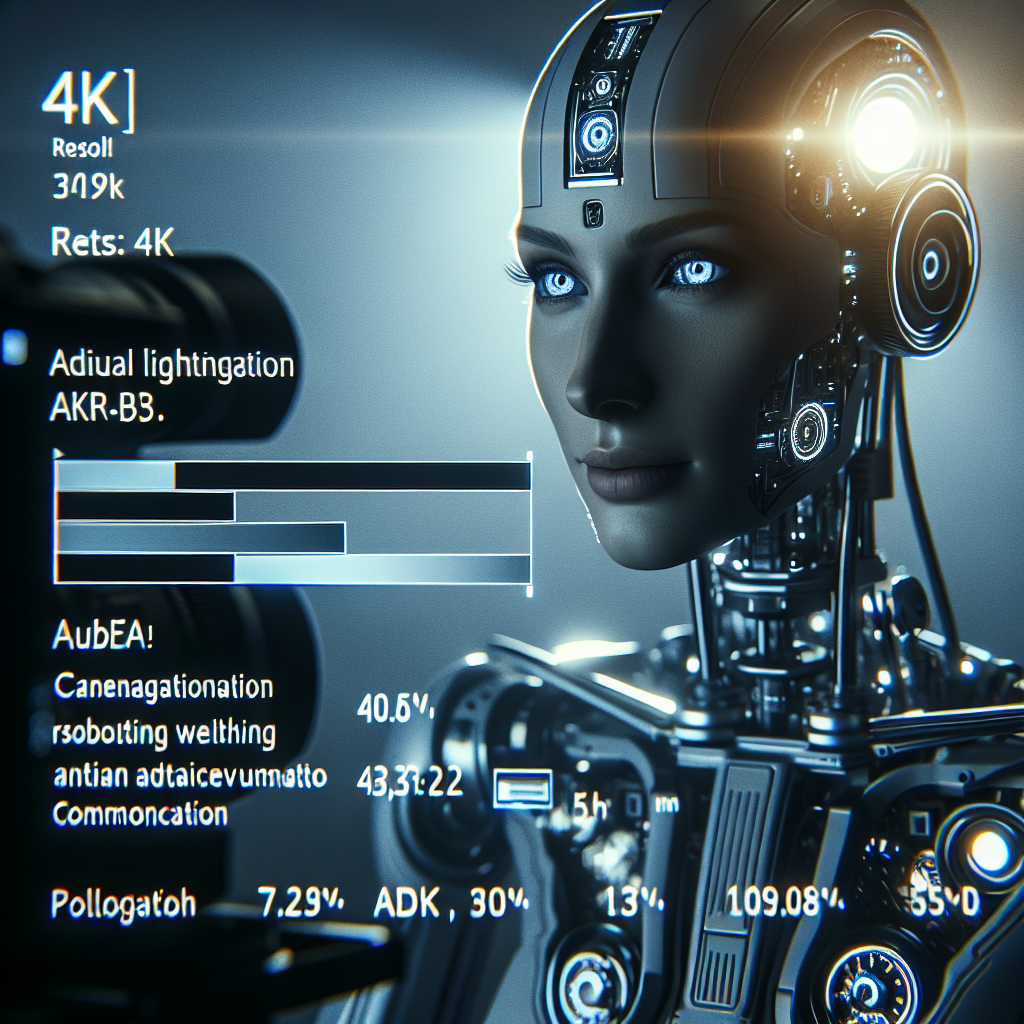Instructing Artificial Intelligence to Mimic Human Communication
Instructing Artificial Intelligence to Mimic Human Communication
Artificial Intelligence (AI) is being trained to mimic human communication, a development that could revolutionize the way we interact with technology. This involves teaching AI to understand and respond to human language, emotions, and social cues.
Understanding Human Language
AI is being programmed to comprehend human language, not just in terms of vocabulary and grammar, but also the nuances and context. This involves Natural Language Processing (NLP), a branch of AI that helps machines understand, interpret, and generate human language.
- NLP enables AI to understand sarcasm, humor, and other subtle aspects of human communication.
- It also allows AI to generate human-like text, making interactions more natural and less robotic.
- Emotional AI can enhance user experience by making interactions more personalized and empathetic.
- It can also be used in mental health applications, helping to detect signs of stress, anxiety, or depression.
- SSP can help AI understand the context of interactions, improving its ability to respond appropriately.
- It can also enable AI to participate in social interactions, making it a more effective communication partner.
Recognizing Emotions
AI is also being trained to recognize and respond to human emotions. This involves Emotional AI or Affective Computing, which aims to detect and interpret human emotions from facial expressions, voice tones, and other cues.
Interpreting Social Cues
AI is learning to interpret social cues, such as body language and eye contact. This involves Social Signal Processing (SSP), an emerging field that aims to model, analyze, and synthesize social signals.
Conclusion
Instructing AI to mimic human communication involves teaching it to understand human language, recognize emotions, and interpret social cues. This could revolutionize the way we interact with technology, making it more natural, personalized, and empathetic. However, it also raises ethical and privacy concerns, as AI would need to collect and analyze personal data to achieve this level of understanding.







